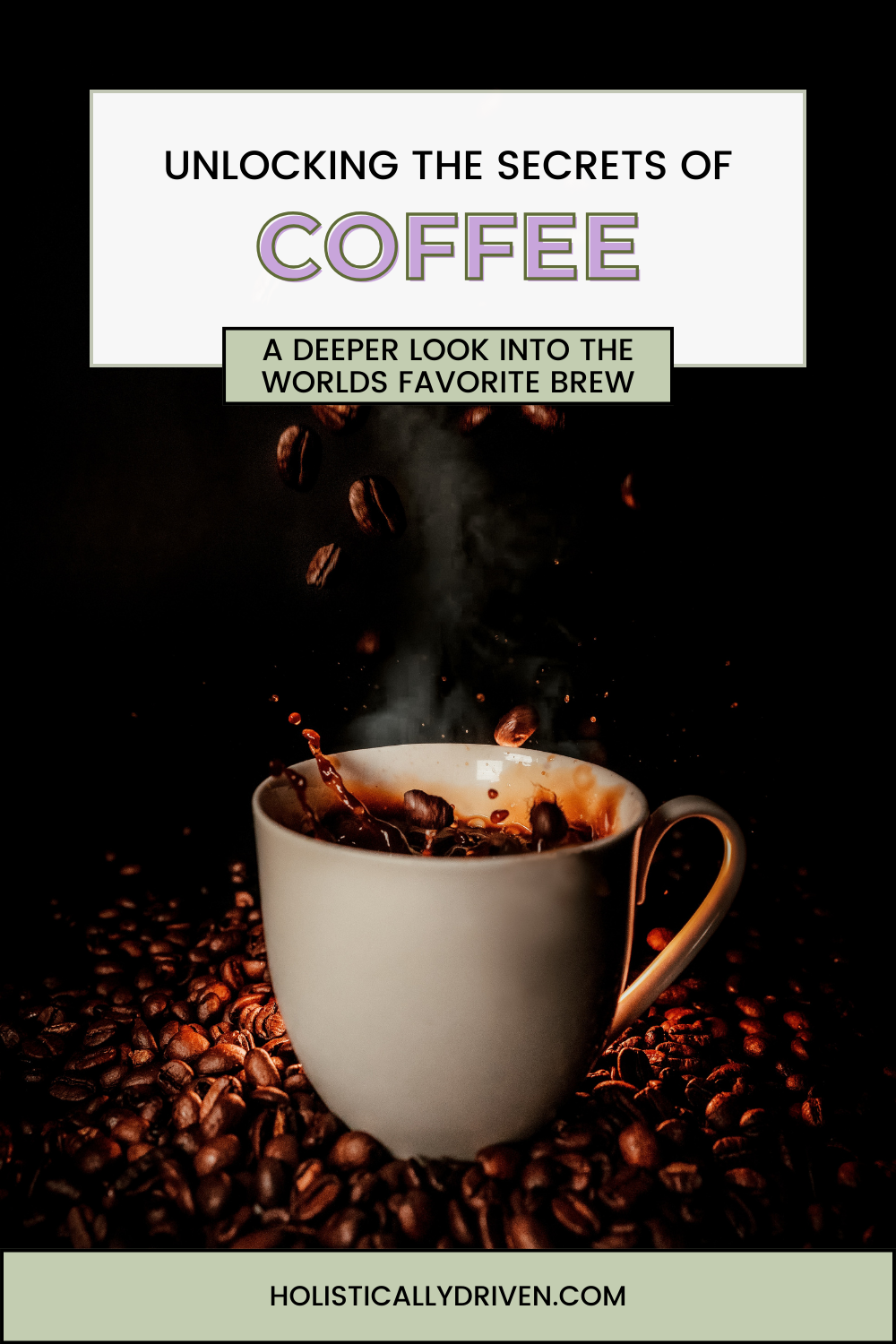Unlocking the Secrets of Coffee: A Deeper Look into the World's Favorite Brew
Whether it's your morning ritual or an afternoon pick-me-up, coffee is a beloved beverage that has sparked countless debates about its impact on health. Is it a rejuvenating elixir or a hidden source of harm? In this exploration of the coffee world, we dive into the science behind your cup of joe to understand why some people can't imagine life without it, while others consider it a guilty pleasure.
The Caffeine Conundrum: More Than Just a Morning Wake-Up Call
At the heart of the coffee experience lies caffeine, a stimulant found not only in coffee but also in tea, chocolate, and energy drinks. Caffeine, the world's second most traded commodity after oil, is celebrated for its ability to boost alertness. However, its addictive nature and impact on our bodies demand a closer look.
Coffee's Half-Life: The Rollercoaster of Energy and Sleep
Coffee's energizing effect is well-known, but it comes with a catch. The half-life of caffeine is approximately five hours, which means that its stimulating effects can linger long after that morning cup. The consequence? An afternoon crash, followed by another dose of caffeine, disrupting sleep patterns and potentially leading to long-term hormonal imbalances.
Image credit: Photo by Clay Banks on Unsplash
The Toxicity of Coffee: Unmasking the Dark Side
While coffee itself isn't inherently bad, the majority of coffee beans on the market are not organic. Grown in regions with fewer environmental regulations, coffee often encounters a cocktail of pesticides and chemicals. Even decaffeinated coffee is not immune, as it undergoes a chemical process to strip caffeine. Understanding the potential toxins in your daily brew is vital.
Caffeine and Your Body: Beyond the Buzz
How does caffeine truly affect your body? It elevates cortisol levels, the hormone responsible for the fight-or-flight response, leading to that initial burst of alertness. However, prolonged elevation of cortisol can wreak havoc on your hormonal balance. Additionally, caffeine's impact on digestion, diuresis, and blood sugar regulation deserves attention.
Photo Credit: Photo by Nathan Dumlao on Unsplash
Finding Balance: Coffee Consumption and Health
Rather than demonizing coffee, moderation is key. Consider options like mushroom-infused coffee, which offers sustainable energy without the need for multiple cups. Opt for organic coffee to minimize exposure to chemicals. Explore alternatives like herbal blends and cordyceps-infused coffee for a healthier morning ritual. You may even consider ditching coffee all together for tea!
Some Products I like to bio - hack your coffee:
Super Cube - a coffee additive made by a fellow acupuncturist, herbalist and friend. Check it out.
Organo Gold Coffee - Another Acupuncture friend and herbalist swears by this coffee. I have tried it and it is tasty. It does seem to be a MLM deal, which I don’t love, but it has cordyseps in it which I do love.
Matcha - Great alternative to coffee. I will write a new blog post about all the benefits of green tea, and why I am personally making the switch. The company that is linked is my favorite local company.
Magic Hour Tea - This is my favorite tea company I recently found. It’s expensive but it is tasty and organic. I have their Bohemian Breakfast black tea blend and I love it.
The Path to Restful Sleep: How Coffee and Sleep Are Linked
Understanding the relationship between coffee and sleep is crucial. Dr. Matthew Walker's book, "Why We Sleep," delves into the intricate connection between your daily caffeine intake and the quality of your slumber and more. Learn how to make informed choices for a better night's rest.




